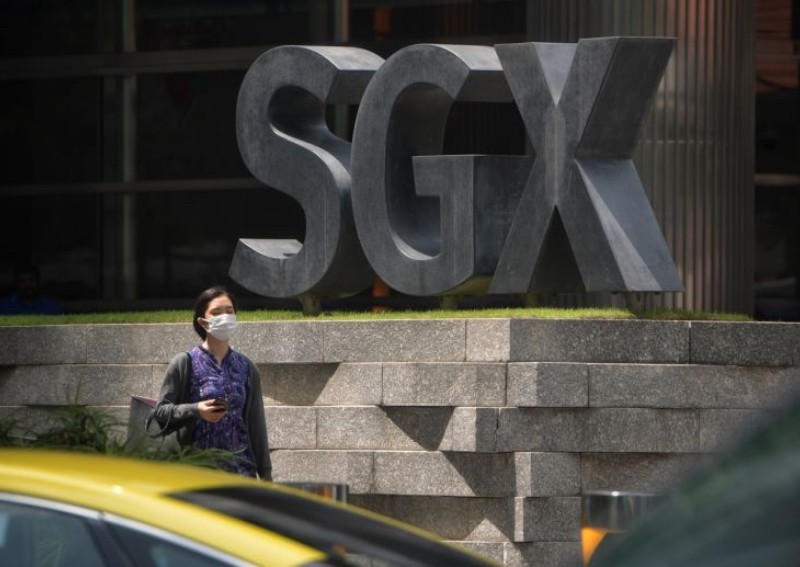2 dividend stalwarts you should not ignore


Everyone has their investment style and preferences. Some investors may prefer chasing growth, while others are content with receiving stable, regular dividends.
Dividend investors can be further segmented into those who go for dividend champions or those who prefer the safety and stability of dividend stalwarts.
A dividend stalwart is defined as a company with a great track record, rock-solid balance sheet and dependable dividends.
Although dividends may not be rising rapidly, such companies also deserve a place in an investor’s portfolio for the safety and stability they bring.
A stock that pays rising dividends could also be priced more expensively, thus increasing the risk that there may not be an adequate margin of safety upon purchase.
We believe a diversified portfolio should contain a healthy variety of stocks — companies geared for fast growth, dividend champions as well as dividend stalwarts.
Here are two companies that fit the bill when it comes to paying out consistent dividends.
Boustead Singapore Limited, or BSL, is a global infrastructure-related engineering and technology group.
The conglomerate has four major divisions — energy-related engineering, real estate solutions, geo-spatial technology and healthcare.
Its real estate solutions division is separately listed under Boustead Projects Ltd.
[[nid:493776]]
The group has been paying out regular dividends over the years and maintains a rock-solid balance sheet.
For its full fiscal year 2020 earnings (the group has a March 31 year-end), the group reported a 54 per cent year on year rise in revenue to $726.6 million.
However, cost pressures in the real estate division and a weak oil and gas market led to a 5 per cent year on year decline in net profit attributable to shareholders.
After adjusting for one-off gains and losses and excluding an impairment loss on financial assets, the group actually reported a 34 per cent year on year gain in net profit.
BSL’s balance sheet remained rock-solid with $281.7 million worth of cash and $119 million of gross debt as of March 31, 2020.
The group also generated around $135.9 million worth of free cash flow for the full fiscal year.
A final dividend of $0.02 was declared, similar to the amount declared in the prior year. Together with the interim dividend of $0.01, the total fiscal full-year dividend amounted to $0.03.
[[nid:491507]]
In the last two fiscal years, BSL’s annual dividend also amounted to $0.03, giving the shares a trailing dividend yield of around 4.7 per cent.
In its results commentary, the group mentioned that its design and build projects will be negatively impacted due to the circuit breaker measures implemented, and that financial performance for the first half of the fiscal year 2021 will also be hit.
Although the extent of the impact on BSL’s future financial performance cannot be quantified at the moment, investors can take heart in the fact that the group has always been conservative and has more than sufficient cash buffer to tide through this crisis.
Singapore Technologies Engineering Ltd, or STE, is a global technology, defence and engineering group that specialises in four sectors — aerospace, marine, land systems and electronics.
The group employs around 23,000 people and serves customers in more than 100 countries.
Over the last five years, STE has been paying out a consistent dividend of $0.15 per year.
[[nid:495322]]
The group has a burgeoning order book worth $16.3 billion as of March 31, 2020, and both aerospace and electronics divisions continued to snare contracts in the first quarter of 2020.
Despite the aviation and marine industries being badly hit by the pandemic, STE’s overall business remains stable due to its diversified revenue streams.
In a business update released for the first quarter of 2020, the group forecast that revenue this year may dip between 5 per cent to 15 per cent compared to last year.
However, with a robust order book, cost reduction initiatives and support from the government in the form of stimulus packages, STE expects the adverse impact to be somewhat mitigated.
The group has access to sufficient sources of liquidity such as a $5 billion multi-currency term note programme that it can tap on if need be.
Investors may witness a short-term dip in STE’s profit for this year due to the crisis, but the group should be able to maintain its annual dividend and go on to do well in future years.
This article was first published in The Smart Investor.